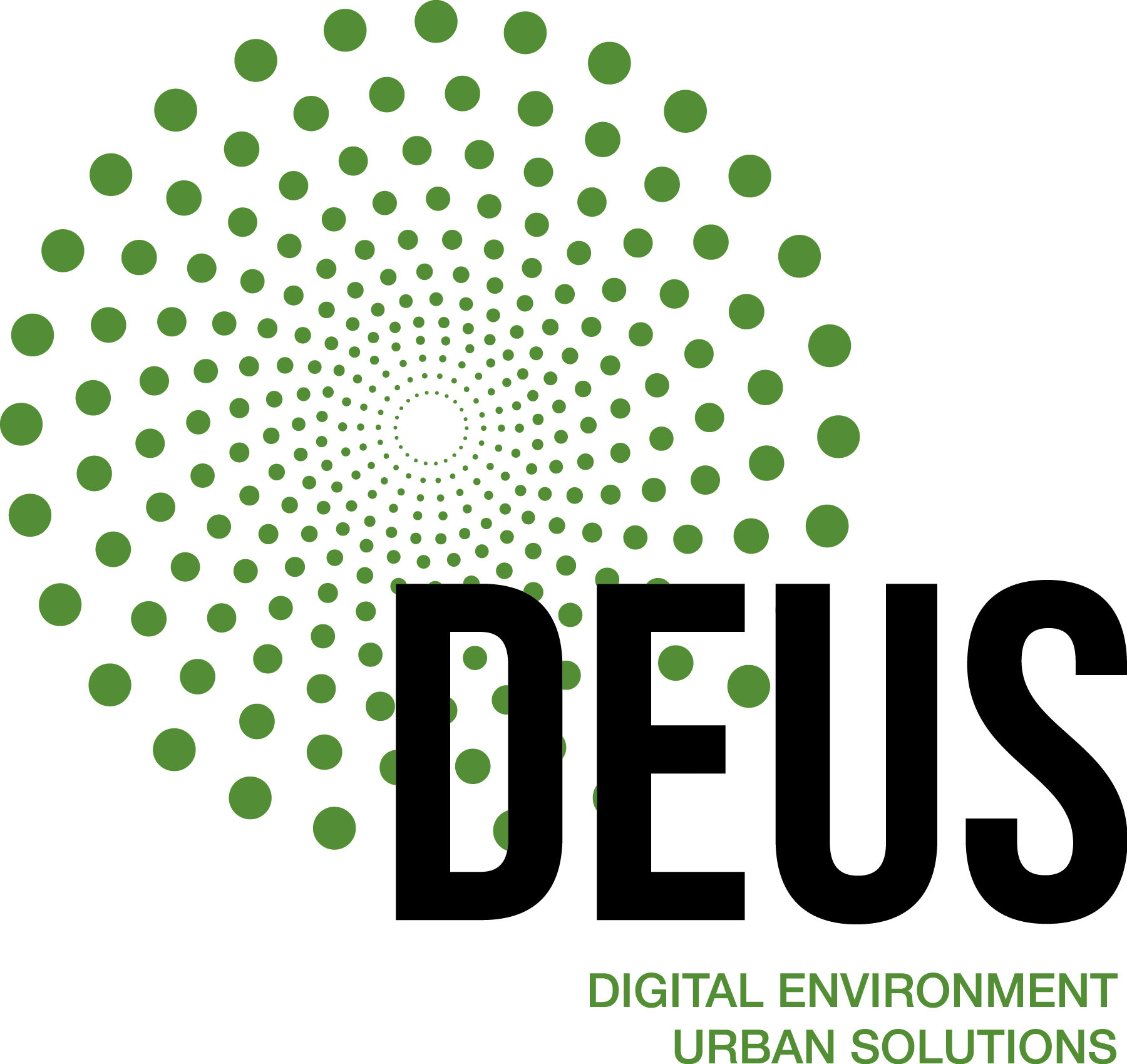Teltow near Berlin: Pioneer in air quality
Teltow is striving to become a pioneer in air pollution control and has come up with something special to achieve this: In a collaboration between the company Füllner und Partner from Stahnsdorf and eleven other partners, supported by a federally funded mFund project, complex air quality data is being collected and analysed. The aim is to find out where the air quality in Teltow needs to be improved and which areas are ideally suited for the construction of day-care centres or retirement homes.
A total of 37 Regiobus buses, five delivery vehicles from McDonald's, a car from the Teltow public order office as well as a road sweeper and a van from the TKS building yard are equipped with mobile measuring stations. These sensors, developed by the French company Pollutrack SAS, use lasers to count fine dust particles in the air. The measurements are taken every 20 seconds, providing a detailed and dynamic view of the air quality in different parts of the city.
The ‘Deus Smart Air’ project is characterised by the fact that it combines mobile measuring stations with stationary devices for the first time in order to create a comprehensive picture of the air quality in Teltow. In addition to determining current data, the knowledge gained will also be used to take preventative measures. For example, if poor air quality is to be expected, certain roads could be temporarily closed to lorries in order to reduce particulate pollution.
The significance of this project goes beyond the local level. Teltow joins a list of over 30 major European cities that are carrying out similar measurements, providing valuable comparative data. The results should not only provide an insight into Teltow's air quality, but also help to develop long-term solutions to air pollution problems. This includes the identification of ‘green zones’ for the construction of new public facilities and the creation of more accurate air quality forecasts.
The initiative highlights how technological progress and intersectoral collaboration can be used effectively to improve the urban environment and protect the health of citizens. Given the enormous health risks associated with particulate matter pollution - from respiratory disease to dementia and cancer - this is an important step towards preventing these threats and sustainably improving the quality of life in urban areas.
Kategorien
- Messnetz
- Sensoren
- Forschung
- Datenerfassung

